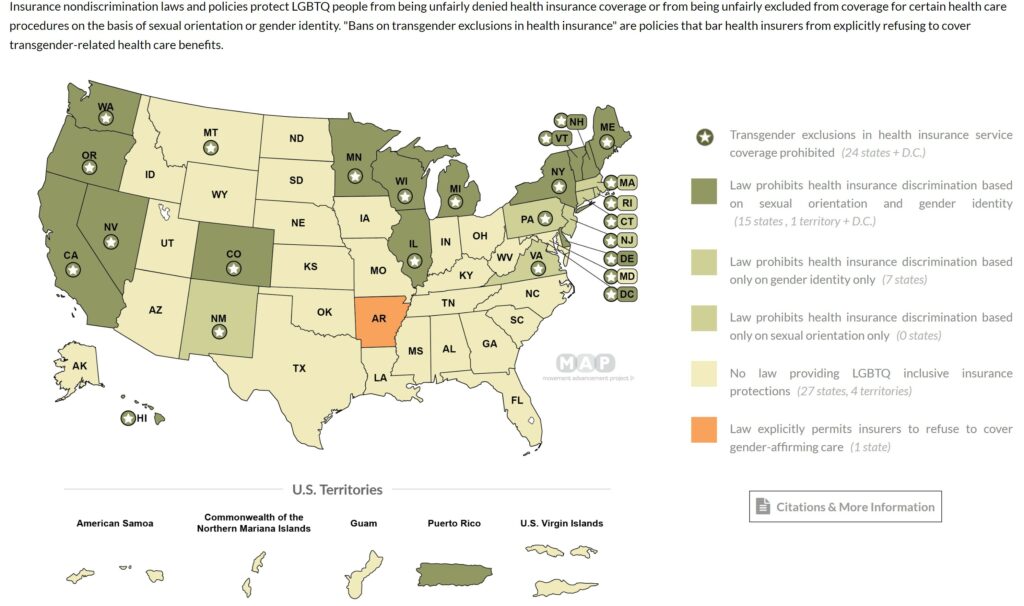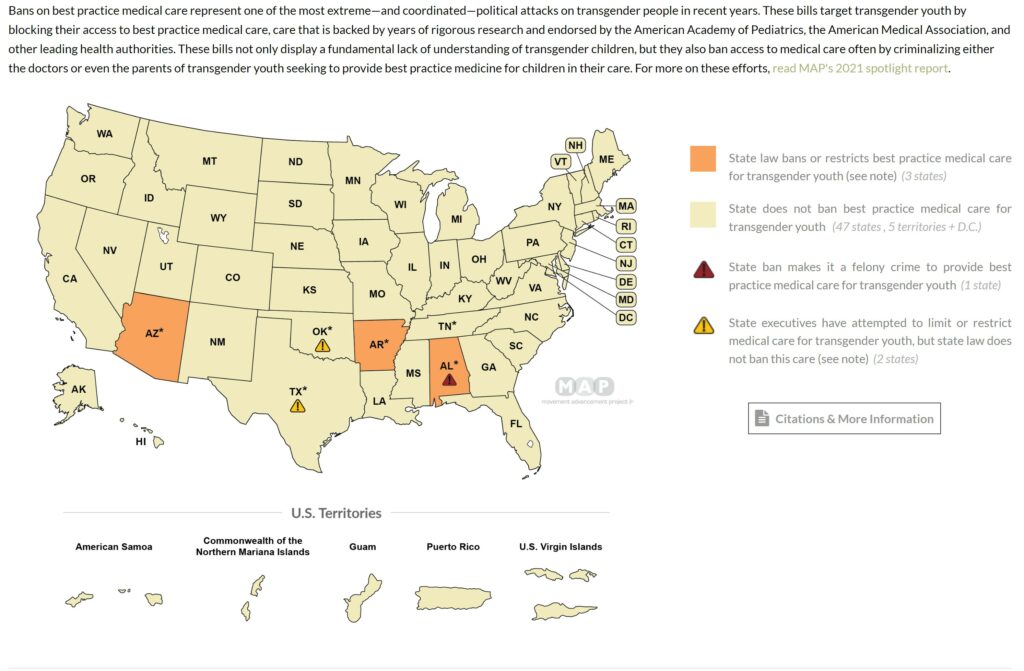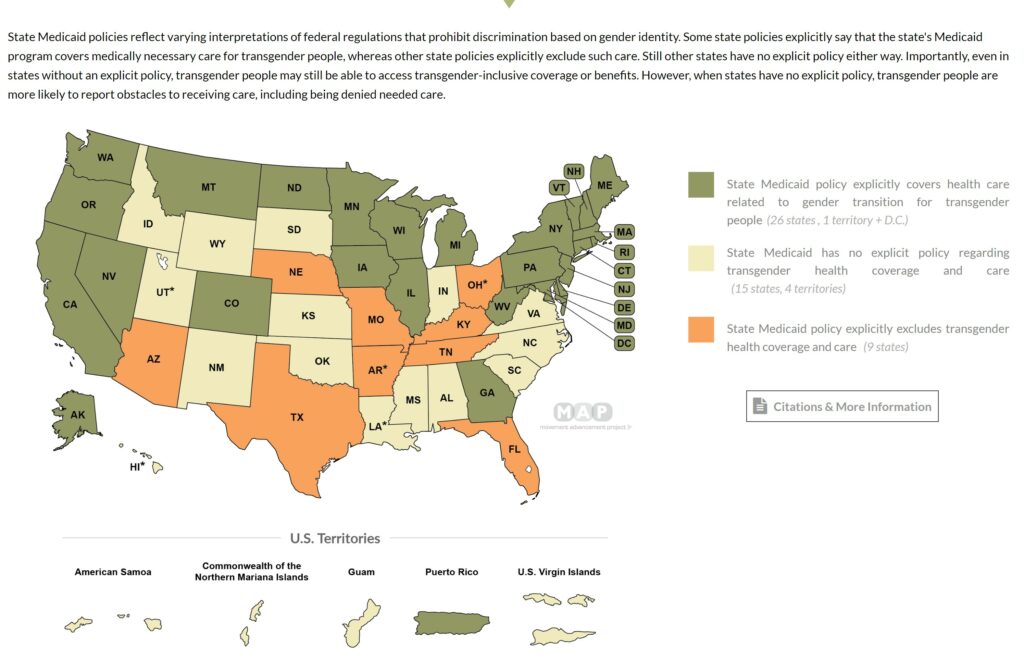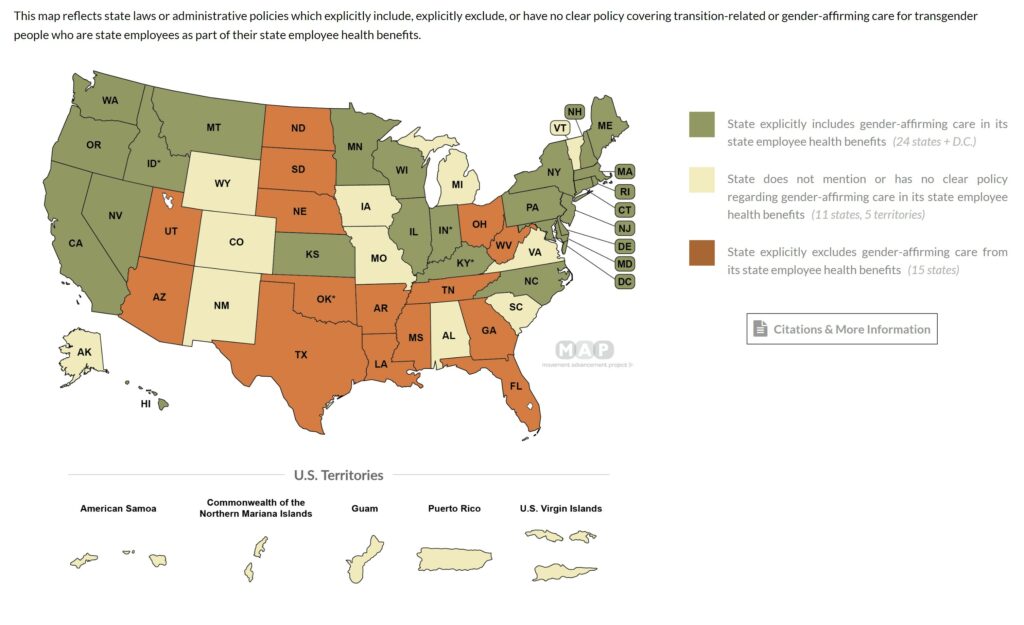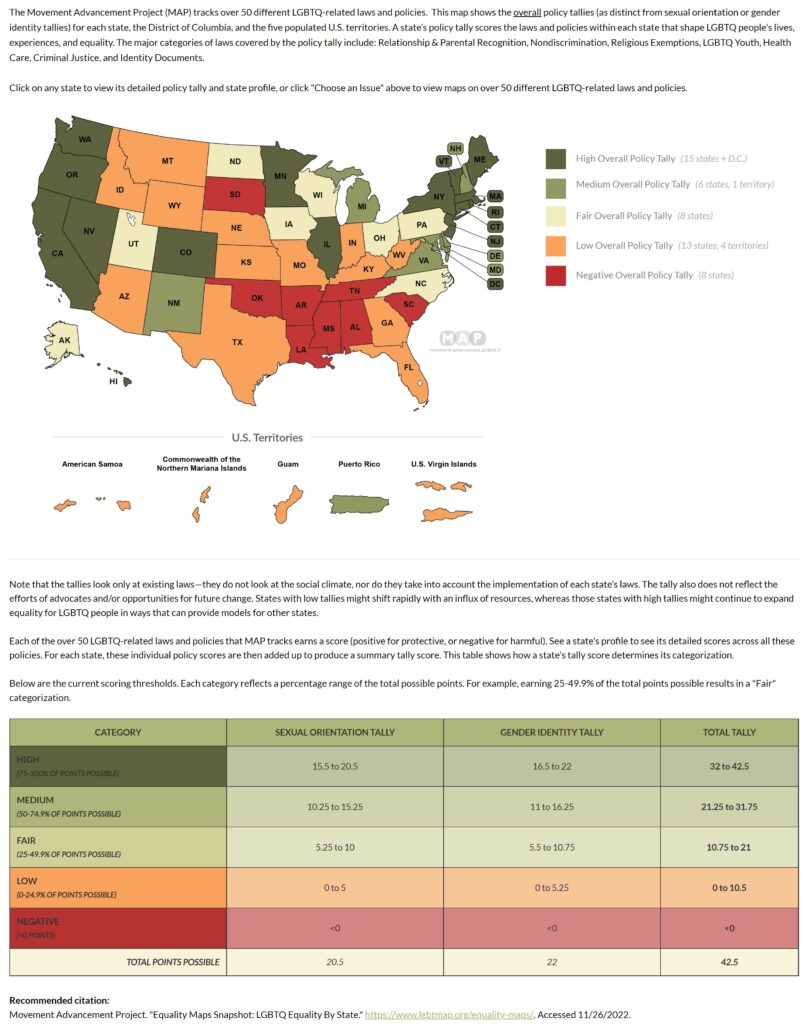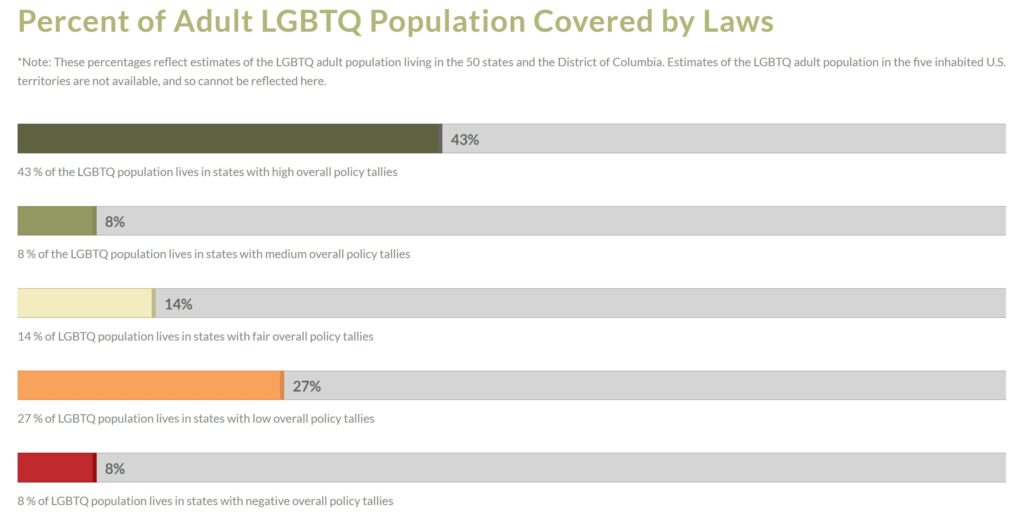Introduction to a Real World Issue: Taken from the National Institute of Allergy and Infectious Diseases Health (NIAID) headed by Dr. Anthony S. Fauci. Health disparities are gaps in the quality of health and health care mirroring differences in socioeconomic status, racial and ethnic background, and education level. These disparities may stem from many factors, including accessibility of health care, increased risk of disease from occupational exposure, and increased risk of disease from underlying genetic, ethnic, or familial factors. NIH-designated U.S. health disparity populations include American Indians/Alaska Natives, Asian Americans, Blacks/African Americans, Hispanics/Latinos, Native Hawaiians and other Pacific Islanders, sexual and
Topics:
run75441 considers the following as important: Education, Healthcare, healthcare outcomes, Hot Topics, law
This could be interesting, too:
NewDealdemocrat writes JOLTS revisions from Yesterday’s Report
Joel Eissenberg writes No Invading Allies Act
Bill Haskell writes Families Struggle Paying for Child Care While Working
Joel Eissenberg writes Time for Senate Dems to stand up against Trump/Musk
Introduction to a Real World Issue: Taken from the National Institute of Allergy and Infectious Diseases Health (NIAID) headed by Dr. Anthony S. Fauci.
Health disparities are gaps in the quality of health and health care mirroring differences in socioeconomic status, racial and ethnic background, and education level. These disparities may stem from many factors, including accessibility of health care, increased risk of disease from occupational exposure, and increased risk of disease from underlying genetic, ethnic, or familial factors. NIH-designated U.S. health disparity populations include American Indians/Alaska Natives, Asian Americans, Blacks/African Americans, Hispanics/Latinos, Native Hawaiians and other Pacific Islanders, sexual and gender minorities, socioeconomically disadvantaged populations, and underserved rural populations.
Batocchio sponsored The Incidental Economist (the health services research blog) at Mike’s Blog on Crooks and Liars this week. Incidental Economist Kristina’s topic was about the LGBTQ community and discriminatory healthcare. It is an interesting post and I hope you read it. What I did was expand upon it by adding more detail on the amount and detail of discrimination by governmental, commercial, and government entities.
“Analyzing LGBTQ+ Health Outcomes from Health Care Discrimination,” The Incidental Economist, Kristina Carvalho.
Private Insurance Exclusions Banned by 24 States
Medical Best Practice Care Ban by Three States
Medicaid Coverage Exclusion by Nine States
State Employee Benefits by 15 States excludes Gender – Affirming Care
Overall Policy Tally
Percentage of US Adult LGBTQ Community Covered by Law
As you can see, there is no set policy for the treatment of sexual and gender minorities.
Movement Advancement Project | Snapshot (mapresearch.org)
Movement Advancement Project | Healthcare Laws and Policies (lgbtmap.org)

